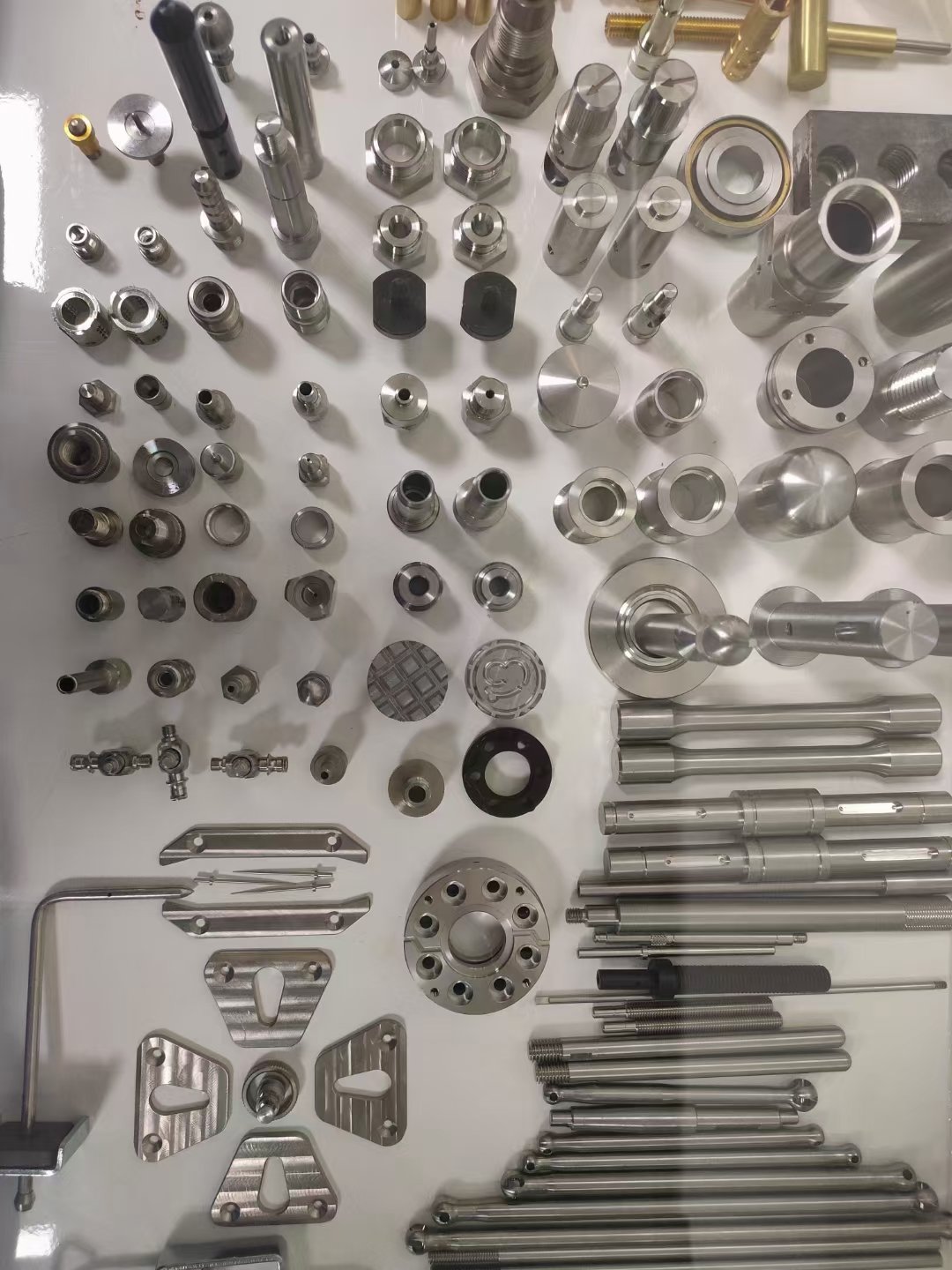At Jupaicnc, we specialize in the precision machining of medical components, with a particular focus on CNC machining ceramic medical device prototypes. Our expertise in advanced manufacturing techniques allows us to create high-quality prototypes that meet the stringent demands of the healthcare industry. CNC machining, especially when applied to ceramics, presents unique challenges, but Jupaicnc’s experience and cutting-edge technology ensure that we consistently deliver prototypes that exceed expectations for form, fit, and function. Whether it’s a simple part or a complex medical device prototype, Jupaicnc provides solutions that enable innovation and support the development of next-generation medical devices.

The world of medical device development relies heavily on the rapid and precise production of prototypes, which allows designers to test, refine, and finalize their products. Jupaicnc understands the critical role that ceramic materials play in the creation of medical components. Ceramics are favored for their biocompatibility, durability, and ability to withstand harsh environments, all of which are crucial in the medical field. However, machining ceramic materials requires specialized knowledge and equipment, as ceramics are prone to brittleness and require extremely precise handling to achieve the desired shapes and dimensions without compromising their structural integrity.
Our CNC machining process for ceramic materials begins with a careful selection of the appropriate type of ceramic, depending on the specific requirements of the medical component. From alumina to zirconia, each ceramic material offers distinct advantages in terms of strength, wear resistance, and thermal stability. At Jupaicnc, we have a comprehensive understanding of these materials, ensuring that the chosen ceramic aligns with the mechanical and chemical properties needed for the medical device prototype. Once the material is selected, the next step is to prepare it for machining. This involves pre-machining operations to achieve the desired rough shapes before fine-tuning the part to the exact specifications.
During the CNC machining process, we employ high-precision tools and advanced software to ensure that every prototype is manufactured to the tightest tolerances. Ceramic machining requires a delicate balance of speed, feed rates, and cooling techniques to avoid cracking or chipping. At Jupaicnc, our engineers and technicians are skilled at managing these factors to achieve the highest quality results. Whether it’s turning, milling, or grinding, we use state-of-the-art CNC machines that allow us to perform these operations with the utmost accuracy, ensuring that the final prototype meets the medical industry’s rigorous standards.
One of the unique challenges of machining ceramic materials is their tendency to wear down cutting tools more quickly than metals or plastics. To address this, Jupaicnc utilizes specialized tooling designed specifically for ceramic machining. These tools, often made of diamond or other high-hardness materials, ensure that the machining process is efficient and that the desired surface finish is achieved. The use of advanced tooling also helps extend the lifespan of our equipment and reduces the overall production time, which is essential when working on time-sensitive medical device projects.
In addition to the technical aspects of machining, we also place a significant emphasis on the quality control of our ceramic medical device prototypes. After each stage of machining, the parts undergo rigorous inspection using advanced measurement tools to verify their accuracy and conformity to specifications. Our quality control process includes dimensional checks, surface finish assessments, and functional tests to ensure that each prototype will perform as expected in real-world applications. This attention to detail is critical, as even the smallest deviation from the desired specifications can have significant consequences in medical device performance.
Our commitment to quality is further demonstrated by our use of advanced post-processing techniques. After the ceramic parts are machined, they may require additional steps such as polishing, glazing, or sintering to enhance their performance or appearance. Jupaicnc offers a range of post-processing services that ensure the final prototype not only meets functional requirements but also achieves the desired aesthetic qualities. These finishing steps are especially important in medical devices, where both the performance and the visual aspects of the product are crucial for the user experience and patient safety.
One of the advantages of working with Jupaicnc for CNC machining ceramic medical device prototypes is our ability to support rapid prototyping and short-run production. In the fast-paced medical device industry, speed to market is crucial, and our efficient processes allow for quick turnaround times without compromising on quality. We are equipped to handle both small and large batches, making us an ideal partner for companies looking to quickly iterate on their designs and bring their products to market as efficiently as possible.
At Jupaicnc, we pride ourselves on our ability to provide innovative solutions for CNC machining ceramic medical device prototypes. With a deep understanding of the materials, technology, and requirements of the medical industry, we are able to produce prototypes that help our clients test their designs and bring new medical devices to life. Our experience and commitment to excellence make us a trusted partner for medical device manufacturers looking to advance their products and contribute to the future of healthcare technology.
